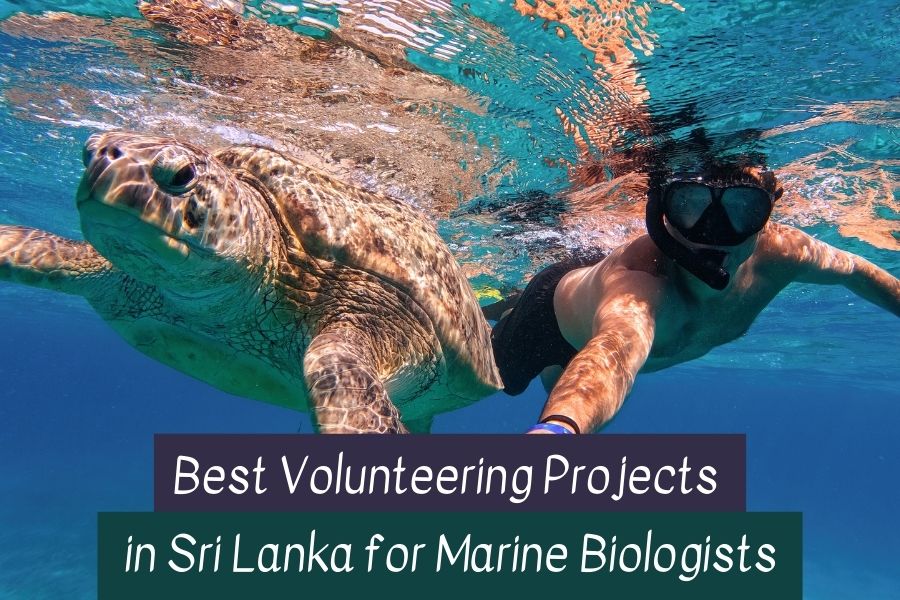
Best Volunteering Projects in Sri Lanka for Marine Biologists
Here’s how you can experience Sri Lanka’s marine life first-hand while making a tangible impact on the health of its oceans.
Sri Lanka, a tropical paradise nestled in the Indian Ocean, is not only known for its stunning landscapes but also for its rich marine biodiversity. For marine biologists, this island offers a treasure trove of opportunities to contribute to conservation efforts while immersing yourself in one of the most diverse marine ecosystems on the planet. Whether you’re passionate about sea turtles, coral reefs, or marine mammals, Sri Lanka provides the perfect setting for meaningful volunteer work.
Here’s how you can experience Sri Lanka’s marine life first-hand while making a tangible impact on the health of its oceans.

The Mesmerizing Marine Ecosystem of Sri Lanka
Sri Lanka’s marine ecosystem is as vibrant as it is diverse. The island’s waters are home to an abundance of coral reefs, sea grass beds, mangroves, and deep-sea habitats, making it one of the richest marine environments in the world. The biodiversity found here ranges from small reef fish to some of the world’s largest marine mammals. As a marine biologist, you’ll not only have the chance to study these ecosystems but also play an active role in protecting them.

Coral Reefs
Sri Lanka’s coral reefs are nothing short of spectacular, offering a kaleidoscope of colors and a haven for marine life. The country boasts several marine protected areas, such as the reefs near Hikkaduwa, Pigeon Island, and Bar Reef, which are home to hundreds of species of fish, corals, and other marine organisms. These reefs provide critical ecosystem services, including supporting fish populations, protecting coastlines from erosion, and contributing to local livelihoods through tourism and fishing. The island’s seagrass beds and mangroves serve as crucial habitats for young fish and other marine creatures, while also playing a key role in carbon sequestration.

Marine Giants
The waters surrounding Sri Lanka are also home to a variety of marine mammals, including several species of whales and dolphins. Sri Lanka is one of the top destinations globally for whale watching, particularly for spotting the endangered blue whale, the largest animal to have ever lived on Earth. Dolphins, sperm whales, and other marine mammals frequently visit the island’s coast, making it a paradise for marine biologists and wildlife enthusiasts.
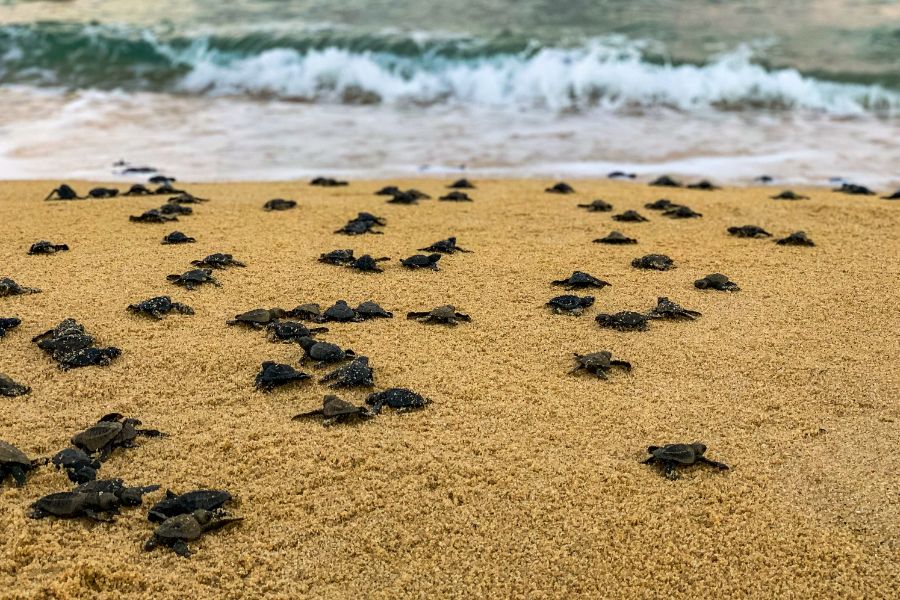
Sea Turtles
Sri Lanka is a vital nesting ground for five species of sea turtles, including the endangered Olive Ridley and Leatherback turtles. The island’s beaches, especially along the southern and western coasts, serve as key nesting sites. The conservation of these turtles is critical to maintaining the health of marine ecosystems and preventing the decline of turtle populations worldwide.
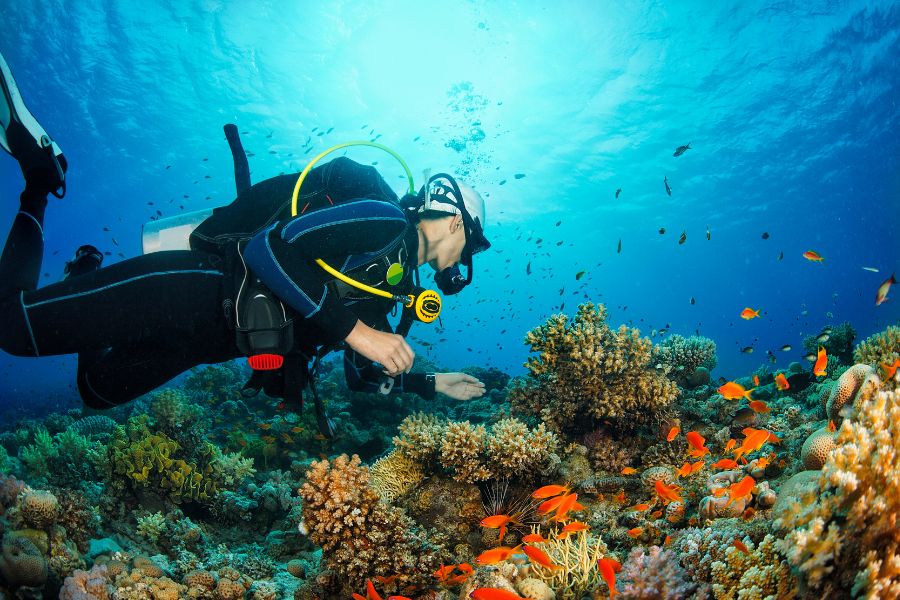
Why Volunteer in Sri Lanka?
Volunteering in Sri Lanka Offers you a chance to make a meaningful impact while experiencing one of the world’s most beautiful marine environments.
Sri Lanka’s marine ecosystems face significant threats from human activities, making conservation efforts essential. Overfishing, pollution, climate change, and coastal development all harm delicate marine life, including sea turtles, fish, and coral reefs. As a volunteer, you’ll directly help address these challenges, ensuring the protection of marine species and ecosystems. You will play a key role in preserving Sri Lanka’s rich biodiversity for future generations.
Not only will you contribute to important conservation efforts, but you’ll also gain practical experience in marine biology, research, and fieldwork, enhancing your skills in real-world environments.
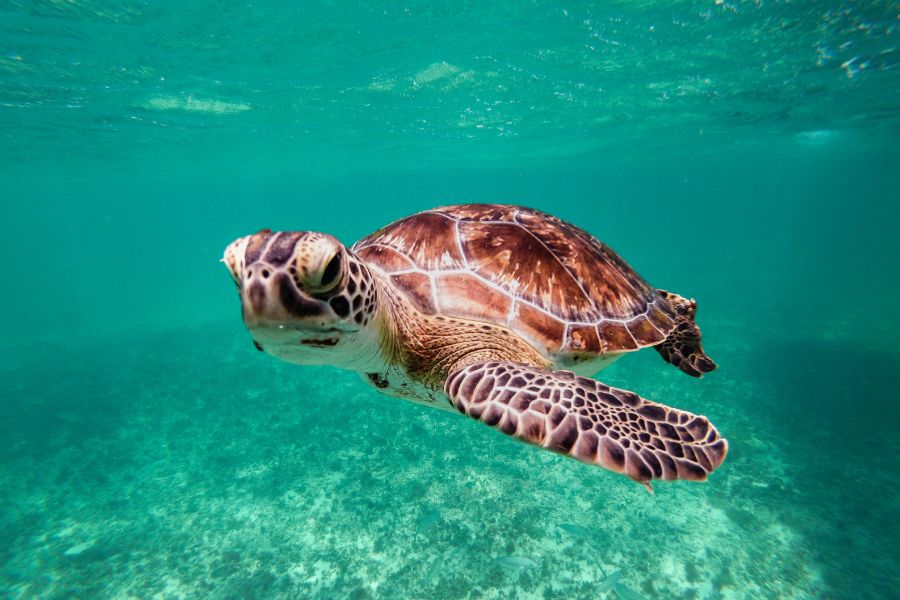
Turtle Conservation in Galle, Sri Lanka: Your Chance to Make a Difference
If you're a marine biologist passionate about marine conservation, there’s no better place to immerse yourself than Galle, Sri Lanka. The southern coast of this tropical paradise is home to several crucial turtle nesting sites, and you can be part of the team working to protect these endangered creatures. Our Turtle conservation project Offers a unique, hands-on experience where your efforts directly contribute to the survival of sea turtles in Sri Lanka's beautiful coastal ecosystems.
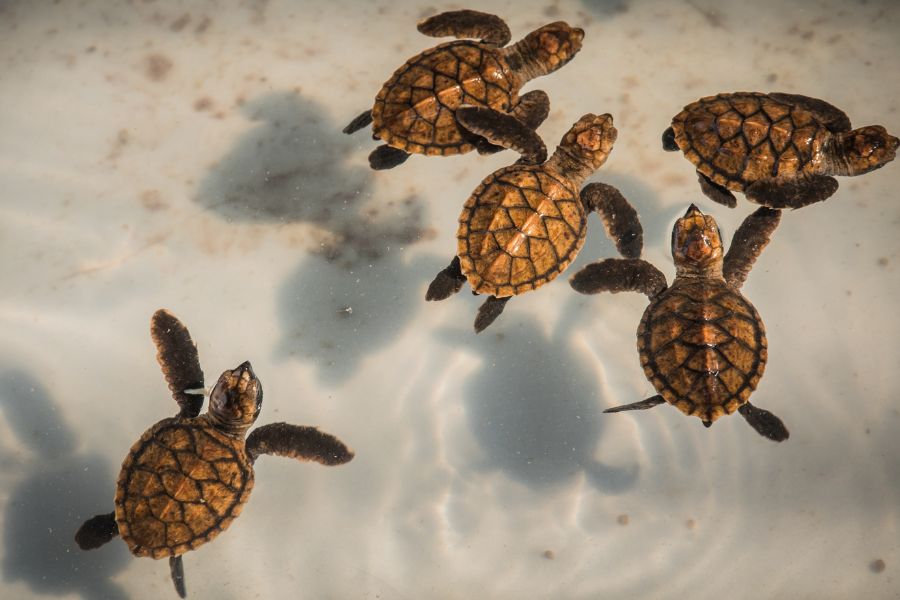
What You’ll Be Doing in Turtle Conservation
Monitoring and Protecting Nests: Your mornings and nights will be spent patrolling the beaches, keeping a lookout for nesting females. These nighttime patrols are crucial to ensure the turtles are not disturbed by human activity or predators. Once a nest is found, you’ll mark it and protect it to ensure that the eggs remain safe and secure.
Egg Collection and Relocation: Sometimes, turtle nests are at risk due to flooding or poaching. In these cases, you’ll assist in relocating the eggs to protected hatcheries, where they can be carefully incubated. This crucial task helps improve the chances of hatchlings surviving their early days.
Hatchling Release: Once the eggs hatch, it’s time for the tiny turtles to make their way to the ocean. One of the most rewarding parts of your volunteer experience will be helping these hatchlings take their first steps toward the sea. By releasing them safely into the wild, you’re giving them a better chance of survival.
Rescue and Rehabilitation: Sea turtles often fall victim to fishing nets, plastic pollution, and boat strikes. You’ll help care for injured turtles, providing them with the necessary treatment and support to recover. Once they’re fit to return to the wild, you’ll be part of the team that releases them back into the ocean.
Education and Awareness: Beyond physical conservation efforts, raising awareness is a critical part of protecting sea turtles. As a volunteer marine biologist, you’ll help organize educational programs for local communities, including schools and fishermen. By teaching the importance of turtle conservation, you’ll empower others to join the cause and help preserve these remarkable creatures.
Experience Sri Lanka’s Marine Life
While you’re working on marine conservation, you’ll also have the chance to participate in a variety of activities that will enhance your volunteer experience as a marine biologist:
Whale Watching
Sri Lanka is one of the best places in the world to witness the grandeur of whales. The waters off Mirissa, on the southern coast, are home to blue whales, the largest animals to ever live on Earth, as well as sperm whales and a variety of dolphin species. By joining whale-watching tours, you’ll learn about marine mammal behavior and conservation while observing these majestic creatures.
Scuba Diving and Snorkeling
Sri Lanka is a diver’s paradise. The country’s crystal-clear waters and vibrant coral reefs provide the perfect backdrop for scuba diving and snorkeling. Whether you’re diving near Hikkaduwa, Trincomalee, or Pigeon Island, you’ll encounter diverse marine life, from colorful fish to majestic sea turtles and giant manta rays.
Kayaking and Marine Sports
If you prefer more leisurely water activities, kayaking is a fantastic way to explore Sri Lanka’s coastline. Paddle through mangrove forests, along pristine beaches, or into hidden coves, observing the local wildlife as you go. Marine sports, such as surfing, stand-up paddle boarding, and even snorkeling provide a great way to relax and appreciate the beauty of Sri Lanka’s waters.
Book Your Volunteer Project Today!
If you’re ready to dive into a rewarding and impactful marine conservation experience, Sri Lanka is the place to be. At Volunteer in Sri Lanka We offer everything you need for an unforgettable experience, including comfortable accommodation in a single ensuite room with air conditioning at Rumassala, meals (breakfast and dinner), and expert guidance. All this is for just USD 180 per week.
Take the plunge and make a difference while experiencing the natural beauty of Sri Lanka. Book your volunteer project Today and help protect the island’s incredible marine life for generations to come.
